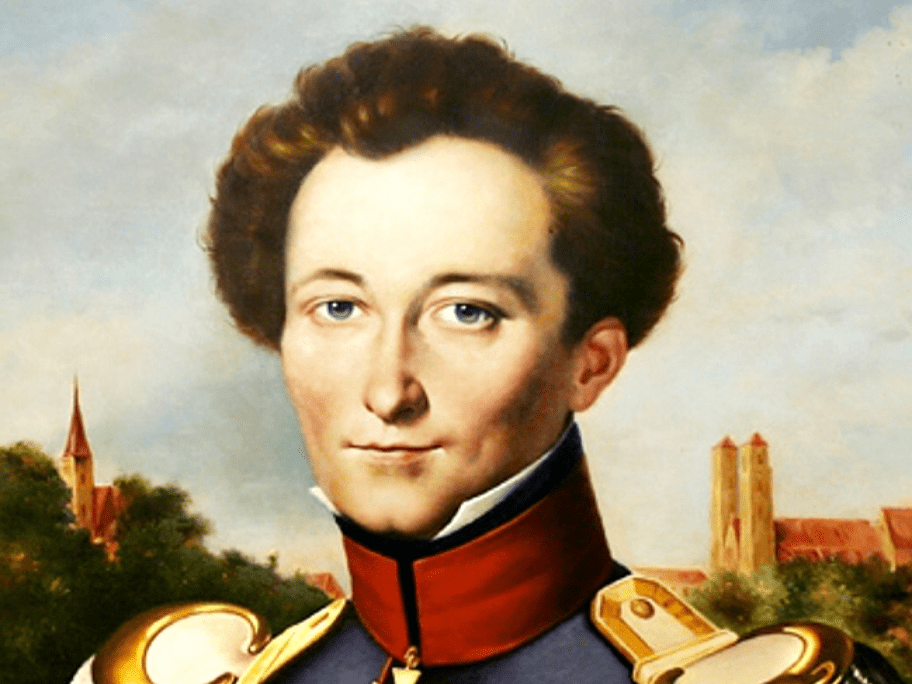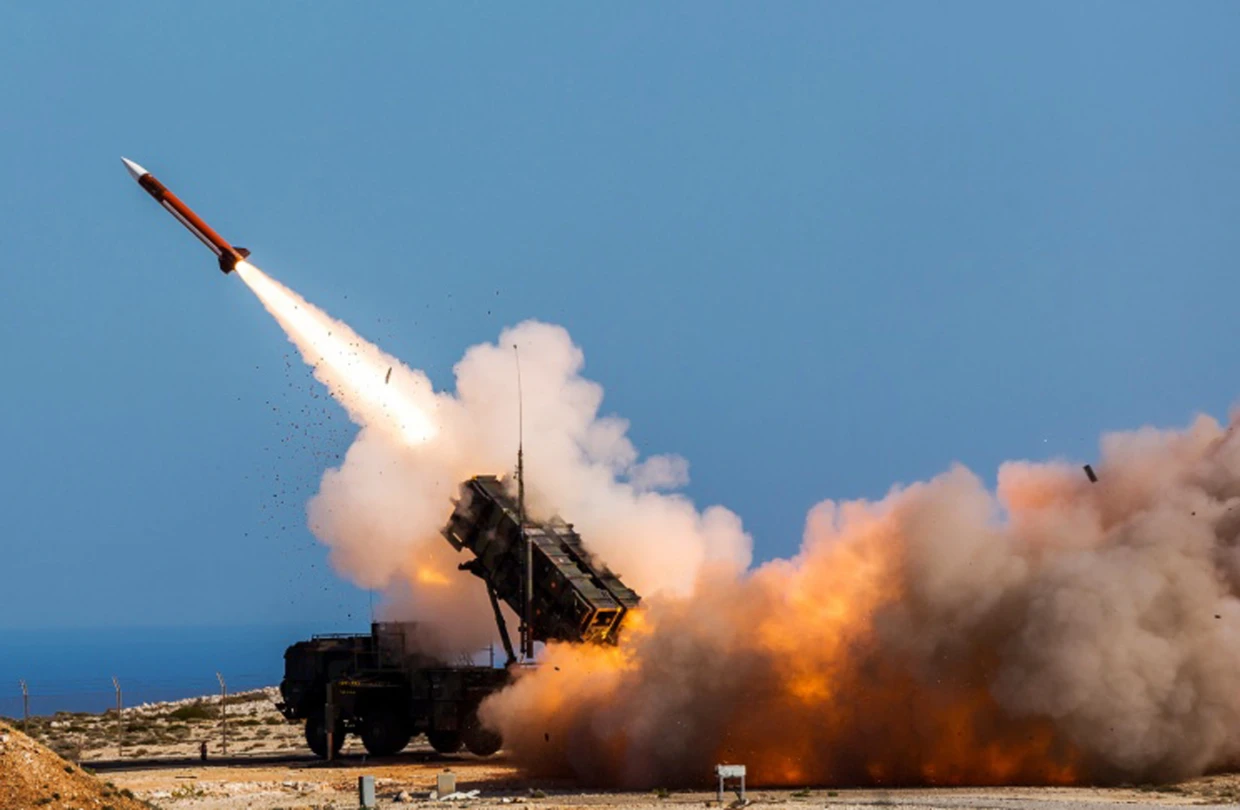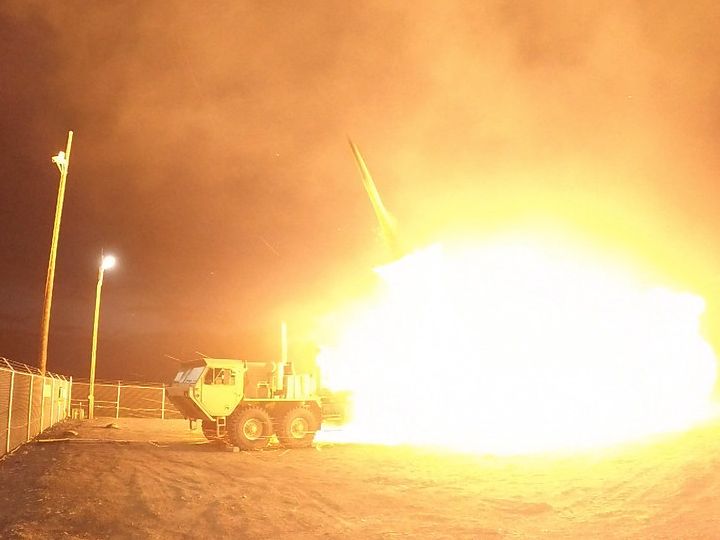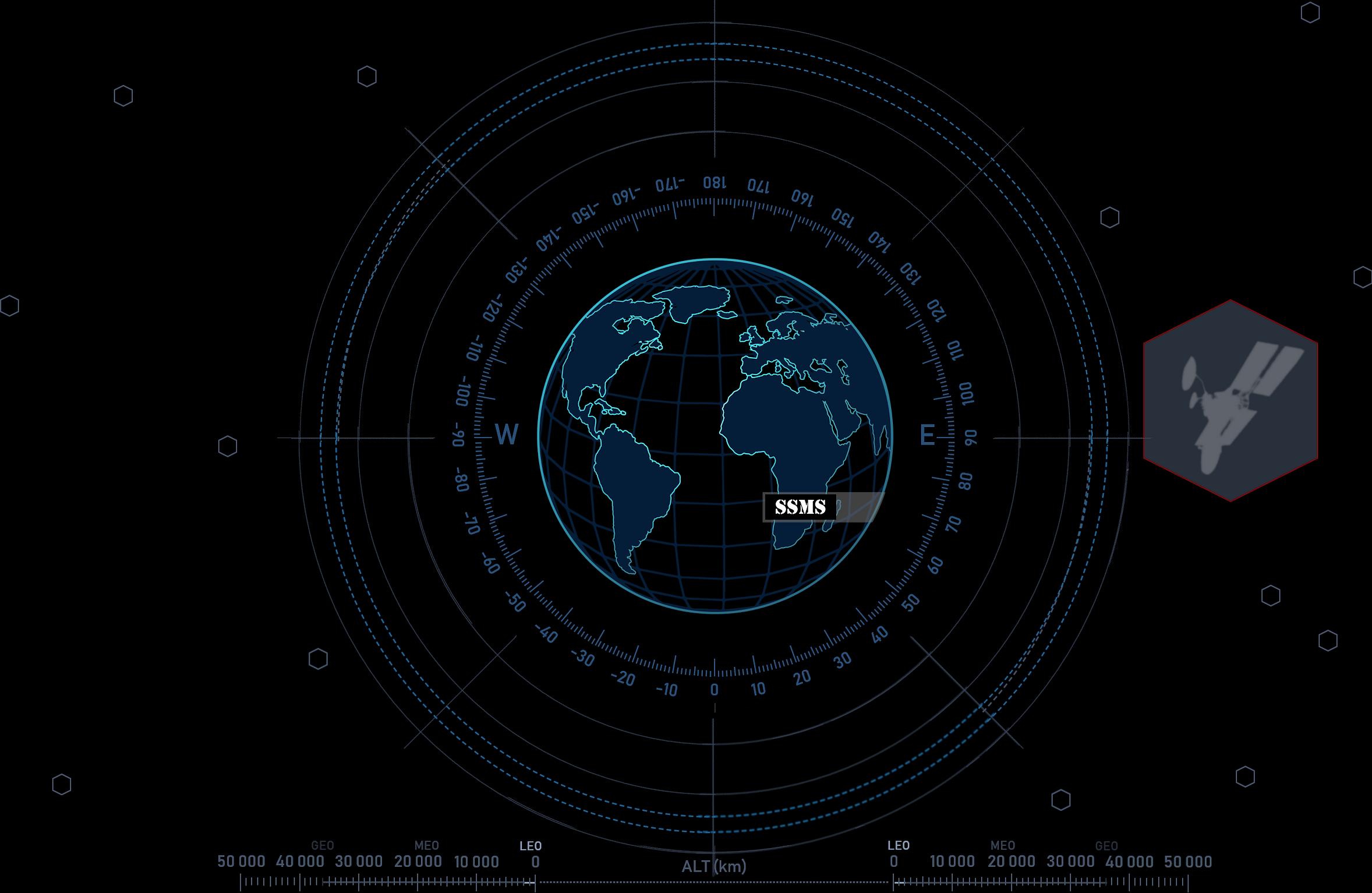
Carl von Clausewitz in his time: die Natur des Mannes
Abstract
The eight books of Vom Kriege (On War), written between 1820 and 1831 by the Prussian general Carl von Clausewitz, have long inspired strategists and strategists, despite the incompleteness of the work and the often arduous philosophical criticism that structures the frame. Center of gravity, climax, defensive superiority or the notion of friction, to name but a few of the general Clausewitzian concepts, have been largely absorbed by the thought and doctrines of military forces around the world, from Moltke to Foch, from Lenin to Mao, from the US Marine Corps to contemporary irregular fighters of all persuasions. The price for this success, Clausewitz was of course criticized and sometimes misread, seeing himself accused of being responsible for the “Napoleonic” obsession for the direct frontal impact that will mark the First World War (B. Liddell Hart), of not no longer be really relevant for the analysis of the “new wars” of the post-Cold War era in which military victory is no longer enough (M. Kaldor, B. Heuser4), or to base its theory on a Trinitarian conception (Government , Army, People) too stato-centered to account for low intensity (“non-Trinitarian”) wars which would represent the future of conflictuality (M. Van Creveld5). These regular questioning (“The Grand Tradition of Trashing Clausewitz”, to quote Christopher Bassford), paradoxically end in highlighting the centrality of the Prussian, who remains considered the greatest strategist in history.
About the Author
Oliver Zajec is Professor in Political Science at Jean Moulin Lyon 3 University. He is the director of the IESD.

Clausewitz
Perrin, 2016
Strategic Thinking

High strategic capabilities and defensive military assistance in the Ukraine war: the double threshold dilemma
One of the major elements of the Russian-Ukrainian confrontation is of course its potential nuclear nature. This dimension encourages the Biden administration not to let the war in Ukraine degenerate into a major conflict that would directly oppose Americans and Russians. This limit makes the problem of Western co-belligerence a key element in the political-military equation of the conflict. Taking this context into account, this note relates the tactical-operational “threshold” related to this arms supply to a second threshold of a politico-strategic nature, which in turn is influenced by the phenomenon of the interconnection of high strategic capabilities, and which opens up the delicate concept of multi-domain deterrence.
𝐉𝐚𝐧𝐮𝐚𝐫𝐲 𝟐𝟎𝟐𝟑


Exploration note of the space wargame realized on 19/11/2021
Designed in two phases, crisis management and Red Team exploitation of the results of the crisis, this Wargame allowed an in-depth reflection of the players, leading to the most negative possible result of a generalized catastrophe of the Kessler syndrome type. The causes of this development are to be found in a continuous escalation due to the export of traditional geopolitical oppositions to space competition, in particular between great powers, pushing the players to act in a logic of confrontation rather than cooperation. The relevance of decisions, as well as their rationality, have demonstrated a fundamental political dimension of management of Space, in particular in case of crisis, with the pursuit of interests and the will to power as the main engine of actions.

